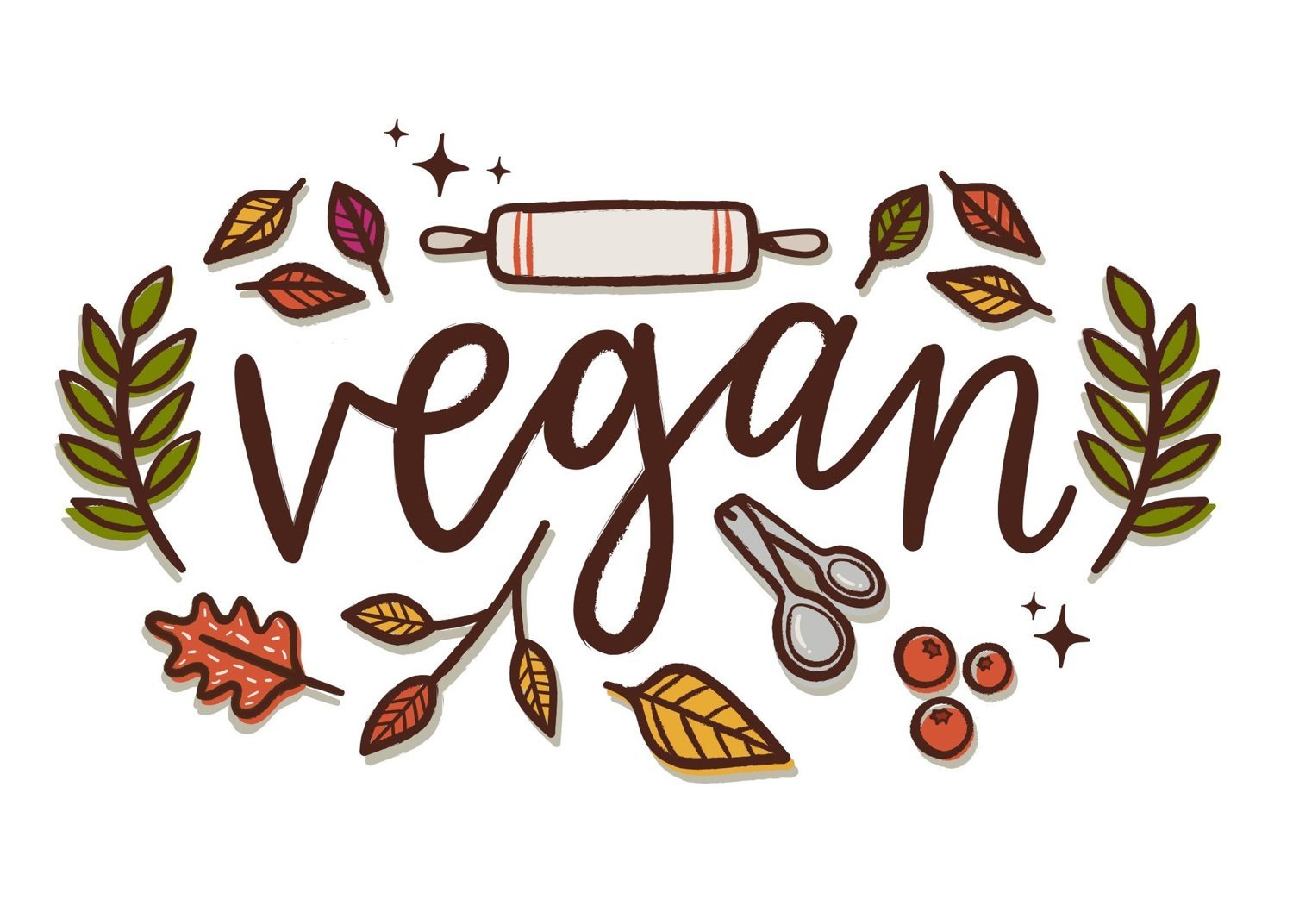As someone that’s trying to become vegan, I’ve stopped eating red meat since about 2018 and I’ve been trying to cook with more veggies and tofu.
I’m an amatuer when it comes to cooking but I’m slowly gaining traction, the one thing I’d like to improve on is replacing butter with a vegan option if there is any so I thought I might as well ask here if that’s alright🤗
I’m not sure where you are from, but coming from the US I can say that olive oil gets a bad rap because most of the grocery store stuff is rancid and low quality. I’m currently traveling in Spain and high quality olive oil is truly sublime. Also be aware that, like wine or coffee, different types have vastly different flavors, so see if you can find a specialty shop that will let you sample several and see what you like.
In France https://www.flora.com/fr-ch/floraplant has a really good butter
If it’s just for cooking, any margarine will do !
Best option I’ve found is to make your own. Miyoko Schinner’s recipe for “Glorious Butter less Butter” in “Real Vegan Cheese” and “The Homemade Vegan Pantry” (both excellent books) is the gold standard:
1 1/2 cups refined coconut oil
1/2 cup homemade cashew cream
1/4 cup + 1 tablespoon sunflower oil
2 teaspoons liquid soy lecithin
1/2 teaspoon sea salt
Toss everything in a blender, pour into a container, and throw in the fridge. The sunflower can be replaced with any other neutral oil, and I typically use a thick homemade soy milk in place of the cashew cream (lower environmental impact, but mostly because I’m cheap). Most store-bought soymilk won’t work for this - it’s too sweet.
Your version will wind up being softer (even cold, olive oil doesn’t harden as firmly as coconut), and olive oil is also a stronger flavor. Enjoy experimenting though - substitutions are a big part of learning to cook well, and so many recipes call for over-specific ingredients that many people are afraid to try. That attitude will go a long way to taking you past the amateur stage!
Thank you for the references and receipe~🤗
I’ll replace the cashew cream with soy milk and olive oil for coconut since we just ran out
Reads the rest of your comment
oh wait a minute…most of my ingredients aren’t exactly the same but maybe it’ll still turn out ok?eh, I’ll give it a try anyways and hopefully provide an update sometime this week✊
What do you want the butter for? Obviously it’s used in a bunch of ways, and the “best” substitute likely depends on what you need it for.
If it’s just lubricating a pan for a stir fry, you can just use any oil well suited to the heat (also dependent on whether you want it to be neutral tasting).
If it’s for spreading on toast, it really doesn’t matter.
If it’s for baking, butter has 3 components that are potentially important; fat, water, and emulsifier.
You need the right % of fat (really nerdy bakers point out the difference between “american style” butter at 80% fat and “European style” at 82%). The type of fat is also important. Saturated fats are usually hard at room temperature, while unsaturated fats are liquid. That will have an effect on things like the spread of a cookie as it bakes. Obviously, the flavor of the fat makes a difference, too. You can get coconut oil that’s been refined so it doesn’t taste like anything, which may be what you want for some recipes. Some people try to use margarine as a stand in for butter in bakes, but usually, the fat percentage is too low. If you want to nail the right fat percentage, you might want to do a split between margarine and vegetable shortening. 3 parts shortening to 1 part margarine seems like it hits the right %.
The butter is either going to be “sweetcream”, i.e., made from refrigerated milk so the lactose stays intact, or “cultured” where it’s been fermented to convert lactose to lactic acid. That acid gives a “tang” that you might want depending on the use case, so you might choose a product with some acid in it.
Lastly, butter has proteins in it that emulsify the fat and water. This is usually replaced with soy lecithin. This is going to be important depending on what you are making. Cooking techniques like “mounting” a sauce really depend on it, so make sure if you are making a pan sauce that there’s lecithin in the butter.
TL;DR, food scientists know all this stuff, so if you see a product marketed as “plant based butter” for use in baking, it should work just fine. If those products are weirdly expensive, or you don’t like the taste in other applications, read what I wrote.



